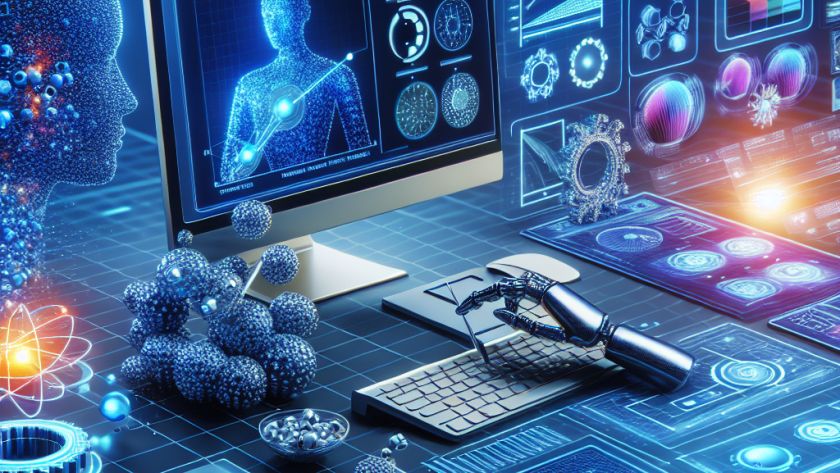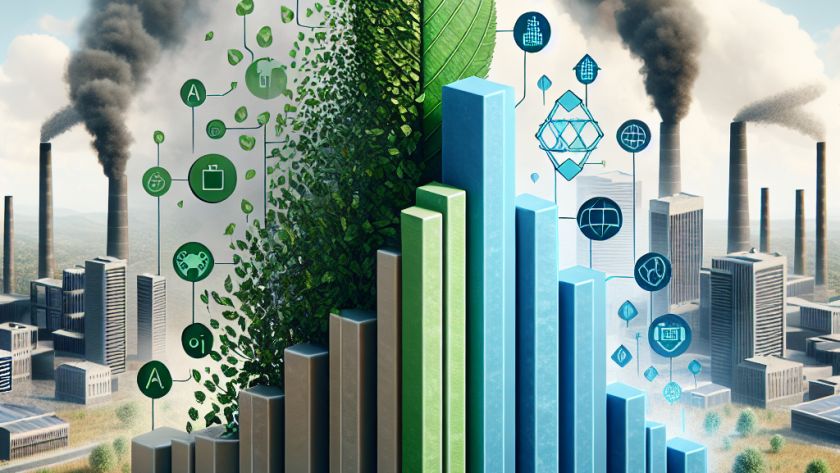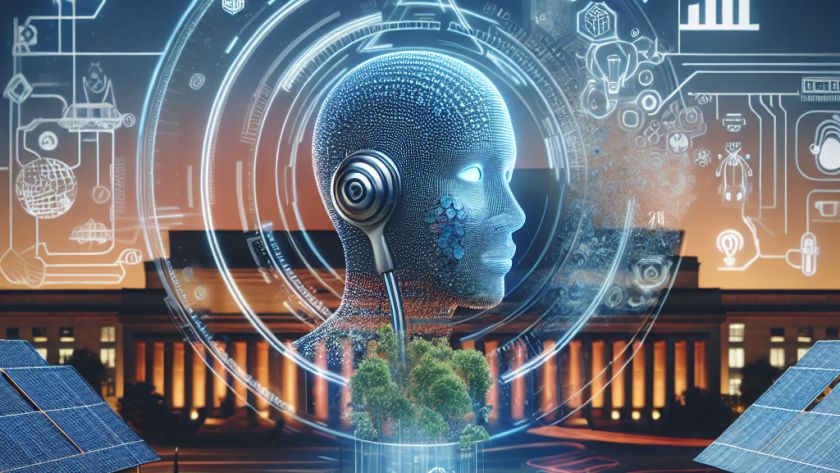In this article, co-authors Vicente Cruz Mínguez, Head of Data and Advanced Analytics at Cepsa Química, and Marcos Fernández Díaz, Senior Data Scientist at Keepler, discuss the implementation of generative Artificial Intelligence (AI) as a transformative force in business industries. They key focus is on the how it impacts the energy sector, specifically, Cepsa Química…









